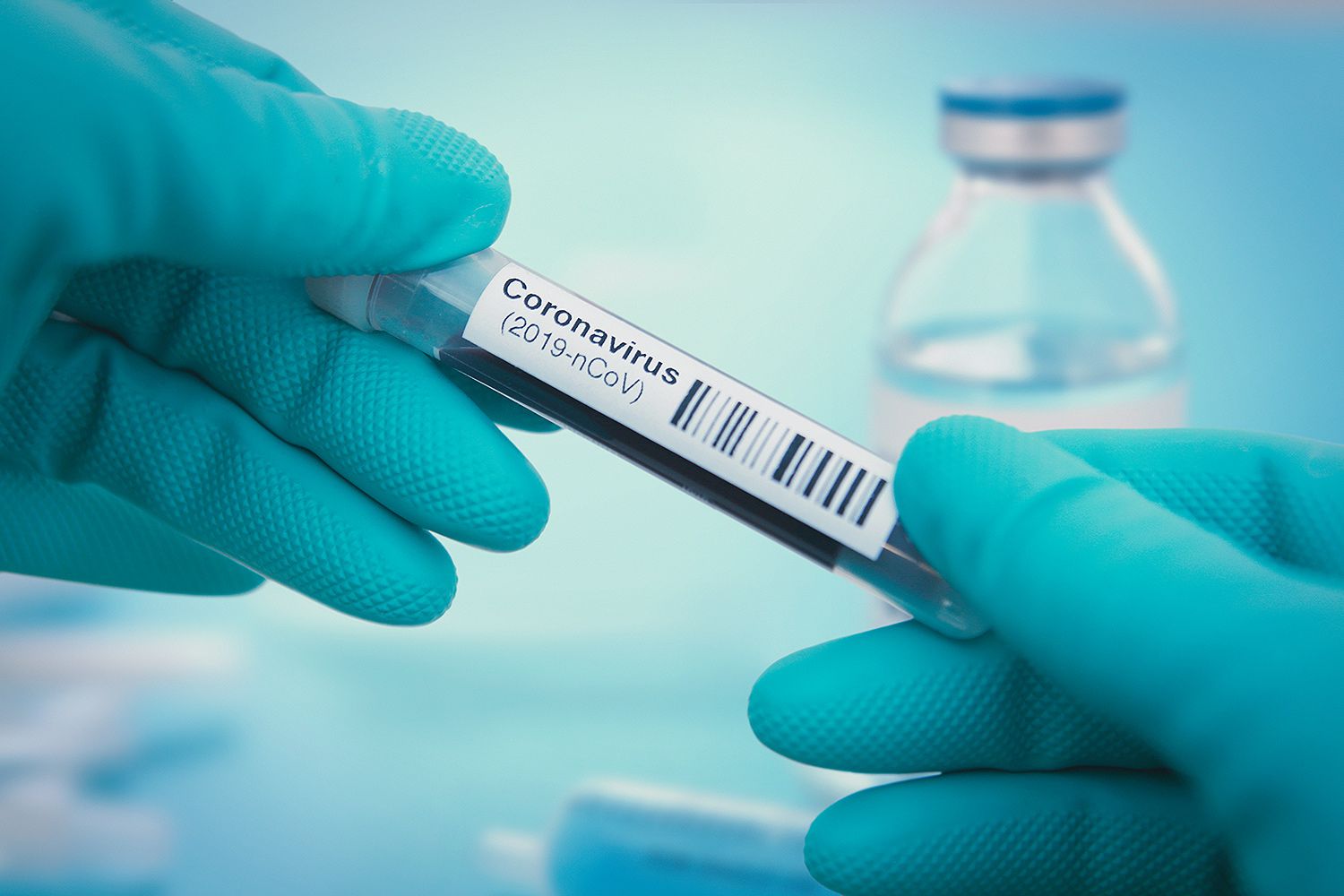Molecular diagnostics company Cepheid received emergency approval from the U.S. Food and Drug Administration on Saturday to use its first rapid point-of-care test to detect the novel coronavirus (COVID-19).
The test, named SAR-CoV-2 Xpert Xpress, is designed to be given to patients at the point-of-care and can detect the virus that causes COVID-19 in 45 minutes - the fastest test to do so, according to a press release.

While most tests have been known to take days, Cepheid explained that the latest option only takes a minute to prepare the cartridge with a patient sample and approximately 45 minutes to produce results, the Cepheid website states.

"During this time of increased demand for hospital services, Clinicians urgently need an on-demand diagnostic test for real-time management of patients being evaluated for admission to health-care facilities," Dr. David Persing, Cheif Medical and Technology Officer at Cepheid, said.
RELATED: Uninsured Woman Received a Bill for Over $34,000 for Coronavirus Testing and Treatment"An accurate test delivered close to the patient can be transformative - and help alleviate the pressure that the emergence of the 2019-nCoV outbreak has put on healthcare facilities that need to properly allocate their respiratory isolation resources," Persing added.
Cepheid will use its GeneXpert System to run the tests, of which there are more than 23,000 worldwide and 5,000 in the United States, the release noted.
The GeneXpert Systems "do not require users to have specialty training to perform testing," Cepheid President Warren Kocmond added.
According to CNBC, the tests will begin to ship next week with plans of using the product by the end of the month.
RELATED: U.S. Cases of Coronavirus Top 21,000: Here's an Updated Map of the SpreadAs of March 21, there have been at least 21,000 confirmed cases of coronavirus in the United States and 267 deaths.
President Donald Trump declared a national state of emergency in the U.S. on March 13 as the number of cases rises. However, the true number of cases is unknown, largely due to a delay in available testing kits from the government.
Epidemiologists have said that Americans need to start practicing "social distancing" - staying inside as much as possible and keeping about 6 feet of distance from people - to limit the chance of asymptomatic people spreading the coronavirus further.
The CDC also says the best prevention methods are basic forms of hygiene - careful handwashing, avoiding touching the face, moving away from people who are coughing or sneezing and staying home at signs of illness.
As information about the coronavirus pandemic rapidly changes, PEOPLE is committed to providing the most recent data in our coverage. Some of the information in this story may have changed after publication. For the latest on COVID-19, readers are encouraged to use online resources from CDC, WHO, and local public health departments and visit our coronavirus hub.